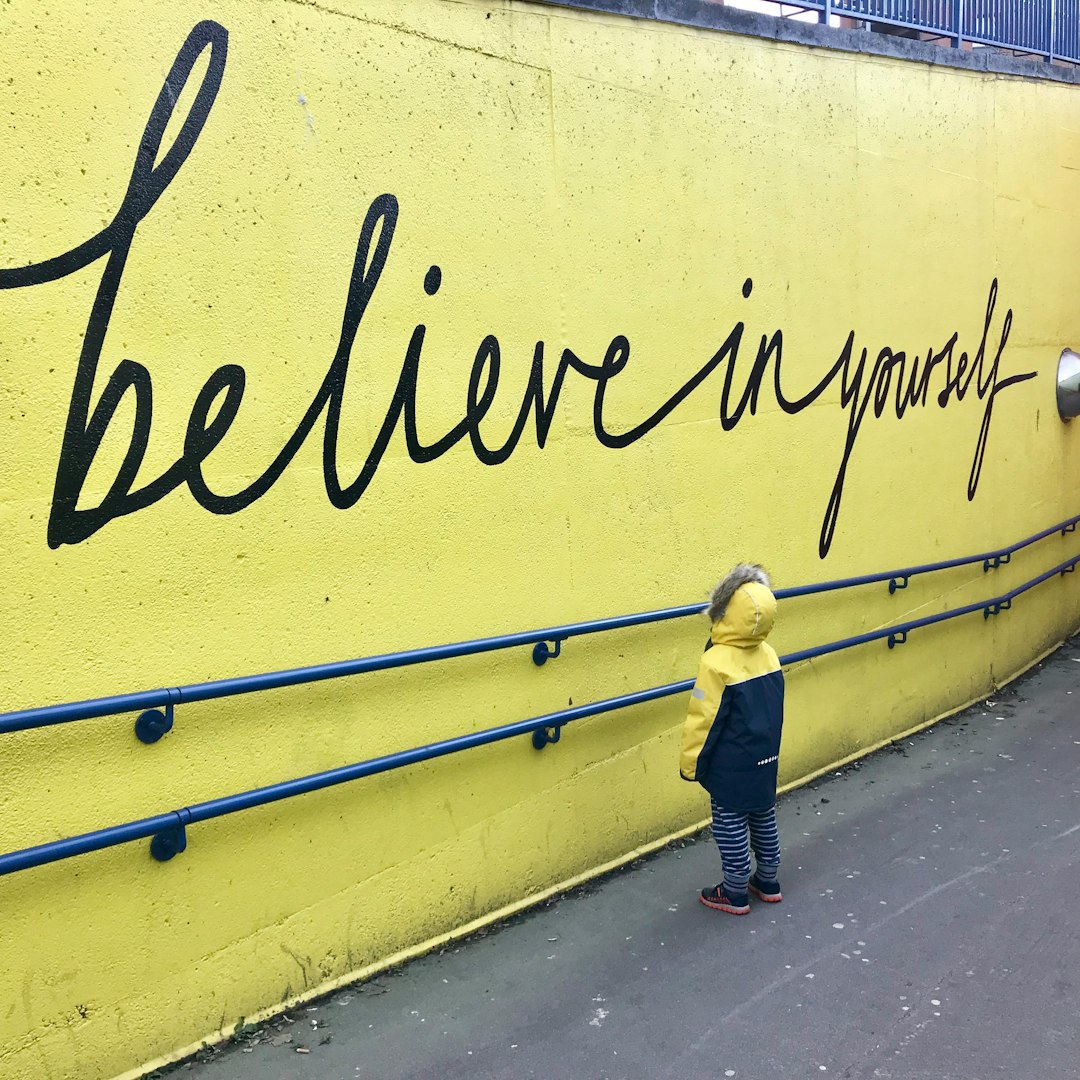Fear
#74 And the Role of Self-trust

The team has broken up, and only one of us is left. And the one left is spending way too much time analyzing every thought, every move, afraid to make long-lasting mistakes, yet exhilarated at the prospect of trying new things.
In the article, Inspection and Introspection, the author writes about the loss of her husband. Her words spoke to me. Dan, my husband, died a year and a half ago. We were a team, made decisions together, and had each other’s back. Even as the dementia took over, he was my rock. So, an unexpected emotion that has reared its ugly head is fear - fear of making mistakes, making decisions, doing things by myself, driving, and on it goes.
According to the FastCompany website, fear manifests as a series of “what-ifs.”
Fear is a natural, evolutionary-based response to new situations, but what-ifs come from your lack of confidence and self trust. If you don’t trust yourself to be able to learn and course-correct from any mistakes or have a secure feeling that ‘no matter what happens, you will make a good situation out of it, then you will feel a need to maintain tight control over and pre-forecast the outcomes of any new step.’
The most successful people follow the cliché “feel the fear and do it anyway” because they have core confidence underneath their fear.
I cope by visualizing completing the fear task successfully, keeping a journal, deep breathing, exercising, and other suggested tips. But those strategies aren’t enough.
Self-Confidence
Low self-confidence can make a person feel full of self-doubt, be passive or submissive, or have difficulty trusting others. It can cause someone to feel inferior, unloved, or be sensitive to criticism.
Conversely, self-confidence means accepting and trusting oneself and having a sense of control in life. It is knowing your strengths and weakness well and having a favorable view of yourself. You can set realistic expectations and goals, communicate assertively, and handle criticism.
Feeling confident in yourself may depend on the situation. You can feel confident in taking care of the house and teaching a class but lack confidence in fixing the computer or the clogged toilet.
If I ask myself what the source of my fear is – myself says “lack of self-confidence.” It makes sense. I have undertaken dozens of new chores, changed every area of my life, and am on my own for the first time.
The video offers ways to overcome a lack of self-confidence.
In October, I wrote an article entitled Confidence Lost. I’d love to say it’s, but not really - something more needs to be done.
For me, that something seems to be about developing or re-developing self-trust.
Self-Trust
Self-trust means staying true to yourself. It means trusting yourself to look after your own needs and safety, treating yourself with love and compassion rather than striving for perfection, knowing that you can overcome difficulties, and refusing to give up on yourself.
Self-trust means being aware of your thoughts and feelings and expressing them. It means following your standards and ethical code. It also means knowing when you need to care for yourself first, that you can survive mistakes, and you can pursue what you want without stopping or limiting others. It’s a conviction that you will be kind and respectful to yourself regardless of the outcome.
A lack of self-trust looks like this:
Feeling like you are not good enough.
Coming down hard on yourself when criticized, feeling guilty and ashamed.
Difficulty making decisions and constantly asking others for guidance.
Being afraid of making the wrong choice or disappointing others.
Following the advice of an external authority, even when it’s harmful to you.
Hiding your authentic self, feeling overly self-conscious.
The Psych Central website lists three criteria for building self-trust. They were eye-opening. The first is avoiding people who undermine your self-trust, and the second is to keeping your promises. Finally, speaking kindly to yourself. Yikes!! I haven’t done very well at keeping promises - especially to myself - or being kind to me.
The HealthLine website suggests tips for building self-trust
Be yourself. If you fear how others look at you or judge you, you might find it challenging to be yourself around them.
Set reasonable goals.
Be kind to yourself.
Build on your strengths, but first you have to identify them.
Spend time with yourself.
Be decisive.
The Life Coach Directory suggests another six strategies, including making self-care a priority and letting go of habits that undermine your self-trust.
So this is a place for me to start because self-confidence and self-trust are crucial to aging well.
How would you rate your self-trust? Is it strong or does it need work?
Three of my favorite articles this week are
Leaves - I love reading Bartle Clunes’ story. It takes me back to a sweeter, gentler time.
The Good Ol' Boys Are At It Again! We need to be informed as we age well.
What’s weighing you down? I started by cutting back on caffeine and sugar. My next choice is to eliminate all processed foods.


So compassionate and so helpful, as always, Janice. Thank you for all the encouragement you offer. I am a great believer in going to the "experts". Sometimes I have no self confidence, and rightly so! I can't do plumbing, I can't fix my broken fence, I can't do my taxes, trim my trees, choose the right supplemental insurance, etc etc. But I CAN confidently find those whose job it is to help with those things. Have you written about where seniors on a low budget can find "professional" help? Maybe I missed it. Sharron